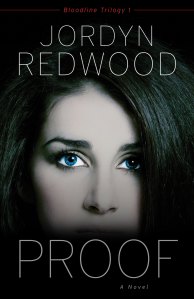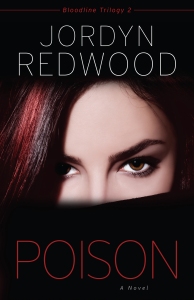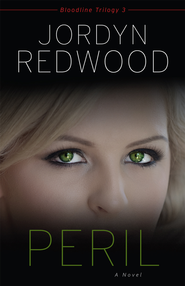People ask me, “Why do you write Christian fiction?” This reminds me of when people ask me, “Why are you just a nurse?”
 In reality, they are politely implying that I am too smart and, perhaps, have wasted my time by never going for a medical degree. However, I think the answer to these two questions is the same.
In reality, they are politely implying that I am too smart and, perhaps, have wasted my time by never going for a medical degree. However, I think the answer to these two questions is the same.
To save lives.
I’m an ER nurse and a suspense author–I do tend toward the dramatic, and this is a dramatic post. But then again, life is dramatic. So is death.
If you’ve ever been in a hospital, you know a nurse is the last line of defense for a patient. We’re the ones that give medication, order tests, make sure patients are at the right place at the right time. Ensure that people who are learning medicine don’t kill you. A seasoned nurse (even if they aren’t super warm and fluffy) is the best asset for a patient next to a competent physician.
What I see in nursing, some days, are last moments. The last moment of life. The last moment of “My life was this…” before hearing a cancer diagnosis. The last moment of peace, maybe for a while.
It surprises me how blase people can be about eternity. They just feel that they know the right answer without having cracked open a Bible or any other holy book. For a Christian, a person who doesn’t invest in investigating life after death is curiously reckless. Like biking without a helmet. Or biking and texting without a helmet (yes, I just saw that last week!).
Since I experience the fragility of life, I want people to be confident in their beliefs about the afterlife. And I know many of us don’t have as many moments left as we think. A novel can be a less threatening way to introduce someone to the concepts of Christianity than handing them a Bible, and yet can still deliver a strong, compelling message.
It’s like pulling someone off the train tracks as the whistle is warning them to move.
Here is my top ten list of why I write Christian fiction:
1. September 11, 2001.
2. The Boston bombing.
3. Sandy Hook Elementary School shooting.
4. The child that died of an allergic reaction.
5. The family I helped give a cancer diagnosis.
6. My friend’s brother, who died after being in a vegetative state for 13 years following a motorcycle accident.
7. Christians who are killed/maimed/imprisoned for their faith.
8. Kids in my ER whose families won’t show up.
9. Driving on ice.
10. Moore, Oklahoma tornadoes.
What I’ve seen is that sometimes I can’t stop the train. I can’t stop that moment. What I can do is offer what I think is hope . . . preventative medicine for the ever after.
We as religious people get so caught up in divisive cultural issues. Pro-life/pro-choice. Traditional marriage. Homosexual marriage. Gun control. And I’ll be the first to say, as a Christian, that while I have strong beliefs on each of these issues, my expressing them can pull people away from the true message of why Christ came.
He died. For. You.
That’s it.
So before you decide, do some reading. Whatever method is the least threatening. A novel. A blog post. The Bible.
Just read and see if His message begins to resonate with you.
Before the train whistle blows on your last moment.



